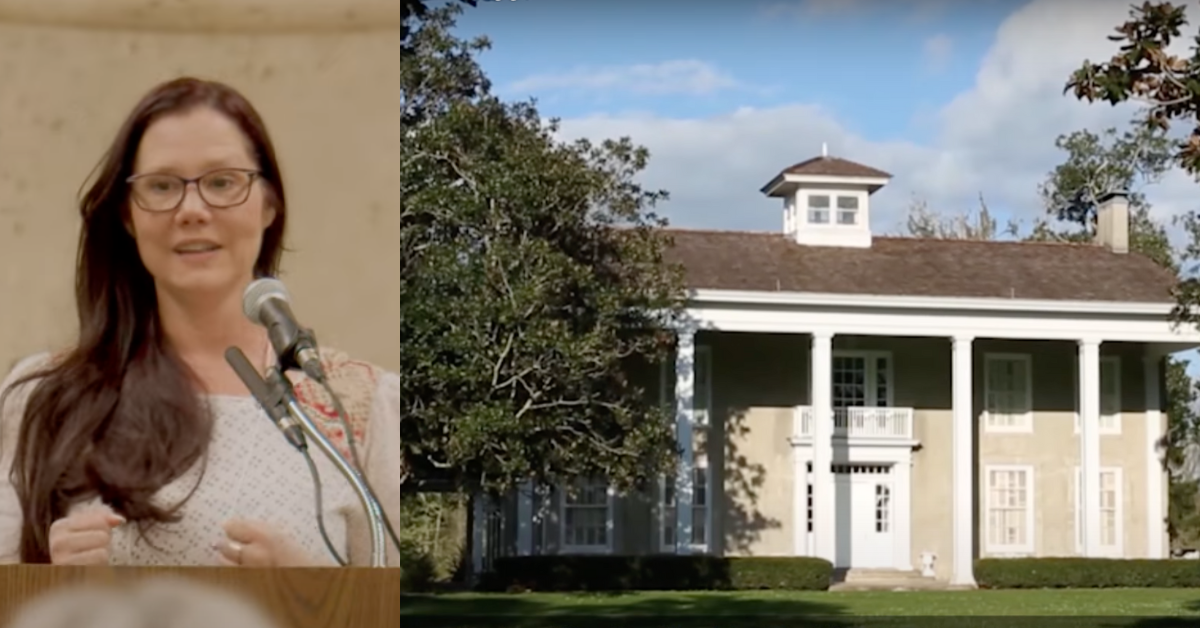The Texas Historical Commission removed nearly two dozen race-related books from two former slave plantations after a White woman, Michelle Haas, complained about their presence at the sites' gift shops.
While visiting the Varner-Hogg plantation last year, the amateur Texas historian became enraged over an informational video that, in her mind, focused too much on slavery and not enough on the owners of the sugar plantation.
In emails sent to commission board member David Gravelle, Haas also voiced her displeasure over books found in the gift shop at both Varner-Hogg and nearby Levi Jordan plantation.
Titles included those by Black academic historians Carol Anderson and Ibram X. Kendi, whose writings tackle the issue of systemic racism.
In an email to Gravelle in September of last year, Haas wrote:
“What a sh*tshow is this video."
"Add to that the fact that the activist staff member doing the buying for the gift shop thinks Ibram X. Kendi and 'White Rage' have a place at a historic site.”
Haas has her own book, 200 Years a Fraud, in which she disputes Solomon Northup’s claims in his 1853 memoir Twelve Years a Slave, arguing that such books paint the South in a bad light as slavery was “a socially acceptable and economically worthwhile practice worldwide at the time our thirteen colonies arose.”
According to Texas Monthly, Haas continued emailing Gravelle for the next eight months insisting the books, along with many others written about and by slaves, be removed.
Eventually, Gravelle took the matter up with Historical Commission, requesting action.
White Rage by Anderson and Stamped From the Beginning by Kendi, along with 23 other titles Haas deemed inappropriate, are no longer available at the historic sites. Other titles removed include Roots by Alex Haley, Invisible Man by Ralph Ellison as well as autobiography of a slave girl and a book of Texas slave narratives.
People online were floored by Haas' request for the books' removal, but even more shocked by the commission's action.

The commission claimed the removal of books about slavery was part of an "inventory reduction plan" to halt all purchasing, sell through inventory, and identify merchandise to be removed.
Interestingly, there are now 39 titles for sale, down from the 87 available in June.
All 23 of Haas' proposed removals are no longer available for purchase on either plantation's website.
 COMICSANDS
COMICSANDS percolately
percolately georgetakei
georgetakei secondnexus
secondnexus george's picks
george's picks












